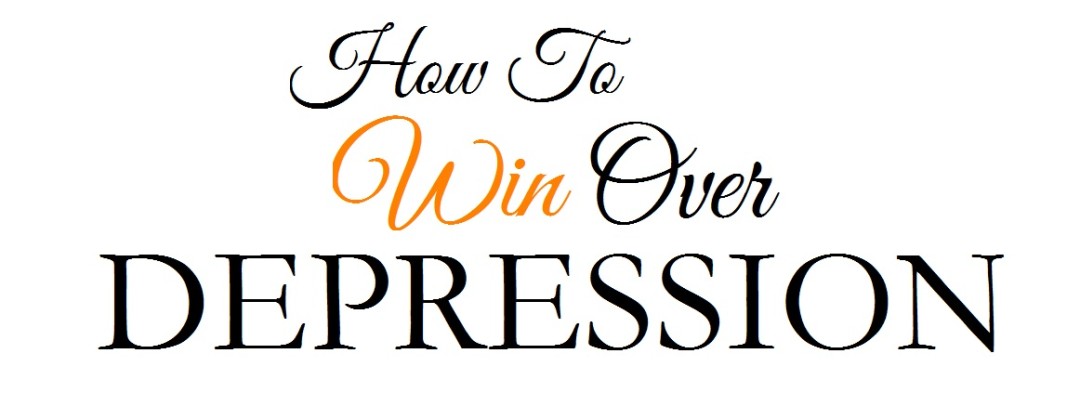To be honest, if Tim had stopped writing the chapter on how to help your depressed child at page 216, I wouldn’t have a single problem with anything he says in this single, solitary chapter. His first bits of advice are:
- Give your children a lot of love and affection.
- Accept them.
- Avoid anger in the home.
Those are things I can absolutely get behind, and I’m actually surprised that Tim included “accept your children” here– acceptance isn’t something conservative Christians usually talk about in regards to raising children. But then he does a complete about face with the rest of his advice, which is focused on “discipline,” which he makes clear is “the rod.” He says that “The Bible makes it very clear that if you spare the rod, you will spoil the child” (217), and I’d like to take this moment to point out that this isn’t actually a Bible verse. It’s a quote from a satirical poem by Samuel Butler that mockingly suggests that spanking your romantic interest will make them love you.
Also, for an alternative interpretation on all those “rod” passages in Proverbs, I recommend reading this. Many Christians believe that those metaphors in Proverbs are supposed to be taken literally as a command to physically abuse their children, but I, and many other Christians, believe that is a grossly inaccurate interpretation.
Tim also takes the time to make sure his reader knows not to discipline his children “in anger,” and I want sit on that for a moment. A recent study revealed that the way my parents were taught to spank me– be calm during, and then be extremely affectionate and warm after– can actually make anxiety worse. The lead researcher suggests this might be because it’s “simply too confusing and unnerving for a child to be hit hard and loved warmly all in the same home.”
There’s also evidence linking the sort of spanking that Tim advocates to depression, anxiety, other mood disorders, and substance abuse later in the child’s life, which completely unravels his argument that children need to be physically abused in order to have the depression literally beat out of them. Other studies suggest that spanking can cause cognitive impairment and increase aggression. Couple that with the fact that many parents are likely to underestimate how hard they are hitting their child as well as how often they spank, it should be obvious to all of us that spanking is actively harmful, ineffectual, and not something even the most loving parent can practice responsibly.
Tim claims that spanking “assures the child of his parent’s love” (218), but I can think of few claims more preposterous. How in the world is hitting a child supposed to communicate “I love you”? I believed that spanking was a moral imperative for most of my life, and I never connected it to how much my parent’s loved me. I believed it was necessary, but that was completely separate from how much my parents loved me. The closest word to describe what I felt after a beating would be rage. It was humiliating and excruciating, and having to look at my parent and mumble something about loving them made me so angry I could choke.
Oh, it temporarily “fixed” my behavior. I usually managed to slap on the “thankful attitude” that Tim thinks parents should spank their children into (221), but it was a lie. It was something I pretended out of some sort of survival mechanism. Spanking “works” because of fear, not love.
~~~~~~~~~
“How to Help a Depressed Friend” wasn’t too terrible; his only real piece of advice in this chapter is not to be “too cheerful,” mostly because he thinks that depressed people find it annoying. That’s not true in my experience– I find overly cheery people annoying all of the time. Tim’s obliviousness also comes out a little bit with “Even the depressed will rarely refuse prayer, which they usually recognize as their last hope” (226). I have desperately wanted to say “oh my god, no” many times when someone has offered to pray with me, and the only thing that keeps from me vocalizing it is the fact that would generally be considered fairly rude.
The last two chapters were troubling, since he mostly focuses on biblical figured to communicate the message that depression is a sin. What troubles me is that he chose examples like Jeremiah and his Lamentations. I think it’s a truth (almost) universally acknowledges that white middle-class American Christians have lost the ability to lament. A google search of “Christians need lament” turned up articles from pretty much every significant American Christian movement, from The Gospel Coalition to the Emergents.
One of the things that deeply bothers me about Christian culture is this whole “happy happy joy joy,” “Rejoice in the Lord Always, and again I say rejoice” attitude toward faith and worship is that it ignores reality. Living on planet earth is a catastrophic nightmare sometimes, and if we are robbed of our ability to grieve and lament, then we’ve lost a connection to our humanity. Christianity is not about being happy, but sometimes I get the feeling that’s what it’s been reduced to. Our theology needs room for shit just happens, and “Rejoice in the Lord!” doesn’t cover it.
All the way through this book, Tim has advocated a position that being thankful for everything, including the awful, terrible, no-good stuff, is the only way to avoid depression, but I think all that really does is turn us into Stepford-level automatons. We’re people, and part of being human means being sad.
In the end, that’s the biggest mistake Tim has made in How to Win Over Depression. He doesn’t understand what depression actually is– he confuses it with sadness, with grief (227), and then tells all of us that experiencing those emotions is sinful. He robs us all of our humanity.


